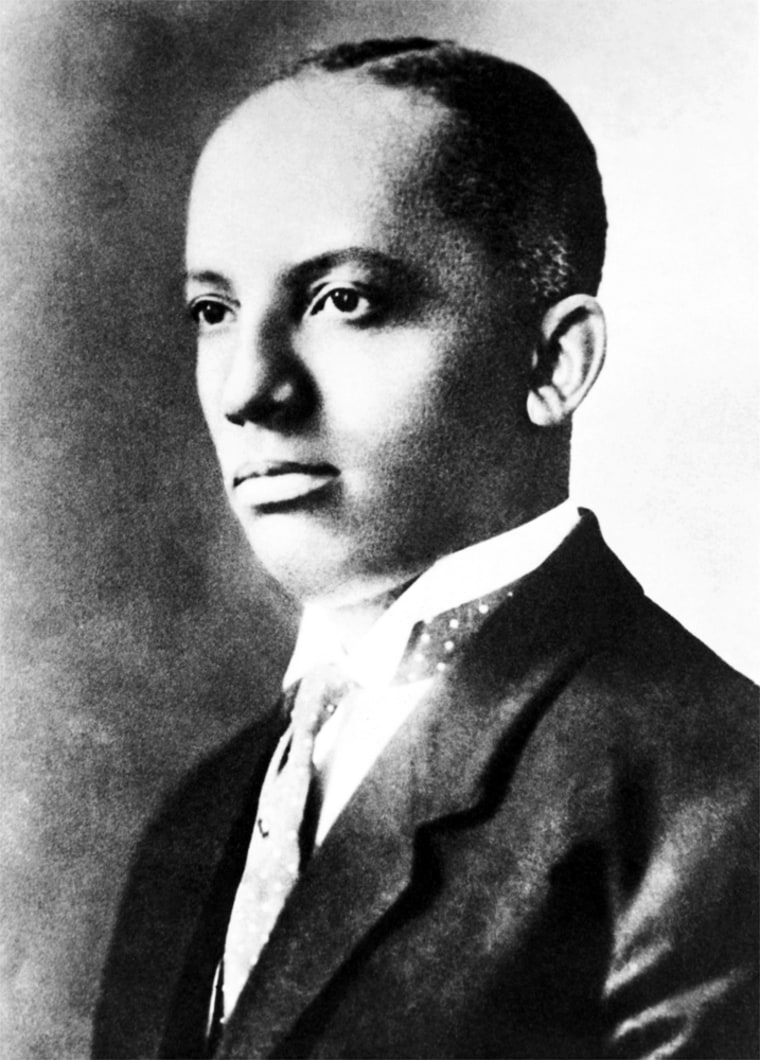As children, we joked that the only reason February was chosen to honor black achievments was because it’s the shortest month of the year. The truth is, February was chosen because of the tremendous number of African-American pioneers and institutions born in this month — from W.E.B. Du Bois and Langston Hughes to the NAACP and the first Pan African Congress.
The answer to the question “Who is the father of black history?” is Dr. Carter G. Woodson. Woodson didn't graduate from high school until he was almost 22 years old. But in 1912, he received his Ph.D. from Harvard, becoming the second African-American to do so.
Convinced that the role of African-American history was being ignored or misrepresented, Woodson began his quest to educate America about the accomplishments of black Americans.
From poverty to academia
Woodson was born in New Canton, Va., on Dec. 19, 1875. The son of former Virginia slaves, Woodson was part of a large, poor family whose education was sporadic at best. But he was able to teach himself, mastering the fundamentals of reading, writing and arithmetic. Looking to further his education, Woodson moved to Huntington, W. Va., where he was forced to earn his living as a coal miner.
In 1895, Woodson entered a Huntington high school, where it took him less than two years to receive his high school diploma. Two years later, he had earned a degree from Berea College in Kentucky.
Woodson became an educator, teaching high school and later serving as the dean of liberal arts at Howard University and West Virginia State College. He earned bachelor's and master's degrees in 1908 from the University of Chicago, and a Ph.D. from Harvard in 1912.
From there Woodson traveled to Asia and Europe, where he spent a semester at the Sorbonne in Paris. He mastered several languages, which enabled him to teach in the Philippines.
First, Black History Week
In 1915, Woodson founded the Association for the Study of Negro Life and History. He realized the need for special research into the black American's life and history. The association began pressing for a “Negro History Week” as a way to explore the contributions of African Americans.
This dream became reality in 1926. In 1976, the renamed Association for the Study of Afro-American Life and History expanded Black History Week into Black History Month.
In his book “The Mis-Education of the Negro,” Woodson wrote: “When you control a man's thinking you do not have to worry about his actions. When you control a man's thinking you do not have to worry about his actions. You do not have to tell him not to stand here or go yonder. He will find his 'proper place' and will stay in it. You do not need to send him to the back door. He will go without being told. In fact, if there is no back door, he will cut one for his special benefit. His education makes it necessary.”
Woodson fought for the education of black people and the celebration of black culture. His idea of taking time to acknowledge blacks' accomplishments is as relevant today as it was 70 years ago.
